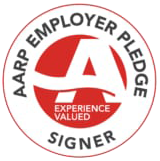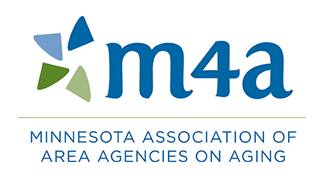Celebrate Older Adults – May is Older Americans Month
Every May, we celebrate numerous events and occasions. These include Mother’s Day, Memorial Day, National Nurses Day, and more. All of these are important in their own way. The month of May also celebrates Older Adults. Governor Tim Walz has proclaimed the month of May as Older Minnesotans Month. Minnesota will join others across the national aging network in raising awareness around Older Adults.
This year the theme is Flip the Script on Aging. The goal this year is twofold. First, simply to raise awareness. Raise awareness that the State of Minnesota is growing older. This is a good thing! We are living longer, healthier lives! We should embrace this and work to strengthen our communities to assist the aging population. Second, we are using this year to draw attention to ageism. According to a study by the World Health Organization, 1 in 2 people are ageist towards older adults. How can this be? We see this and experience this every day, many of us not recognizing what it is. Let’s go through some examples:
- I am too old to play that game anymore.
- Oh, I forgot that, must be having a senior moment.
Can you say that you have experienced those statements or similar statements? These are based on ageist thoughts. We need to change how we talk, how we address, and how we embrace the aging population. MNRAAA is excited to partner with the National Center to Reframe Aging and assist in promoting older adults this month, and each month of the year. I challenge you to identify ageist comments during your day-to-day activities. When you identify a comment or action, think about how to reframe that statement or action to positively showcase aging. We are all aging, let’s age successfully together in a positive environment!
Respectfully Submitted,

Jason W. Swanson, HSE
Executive Director




